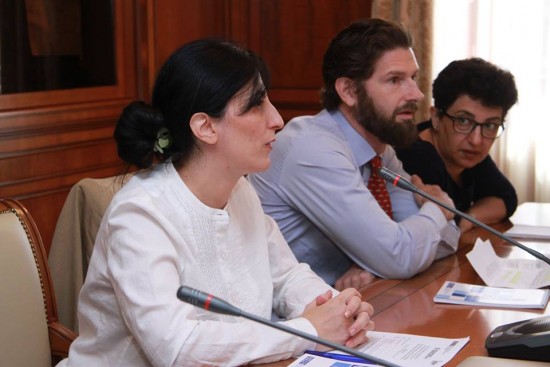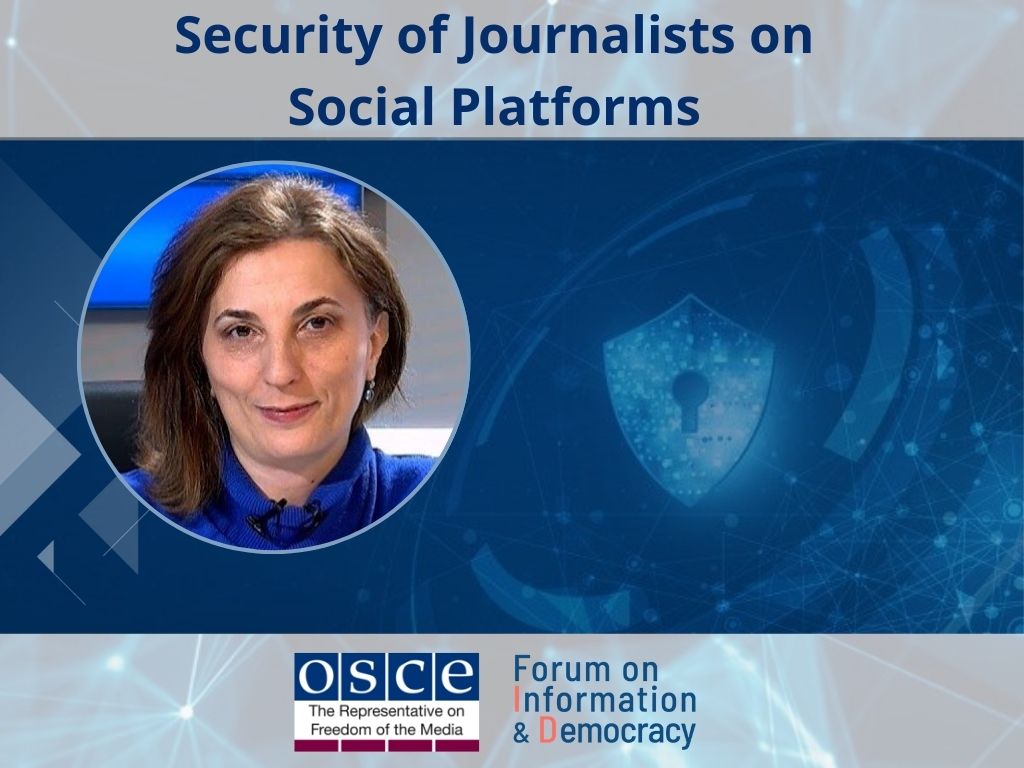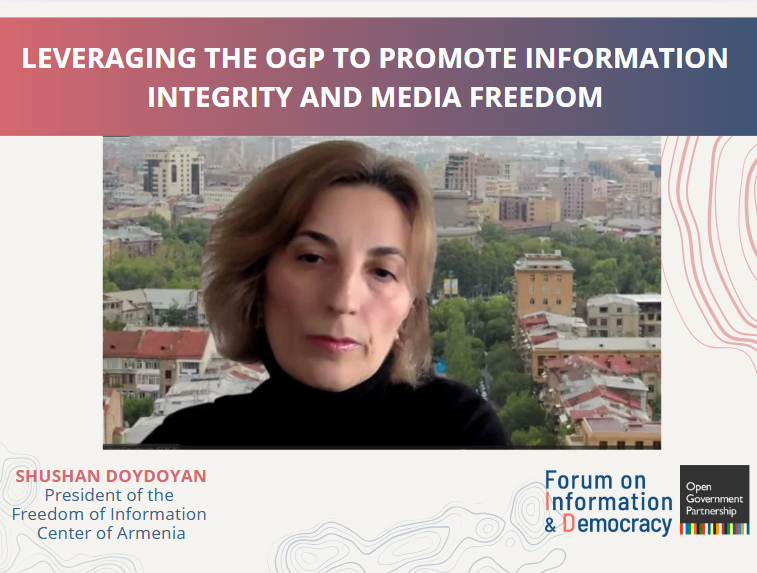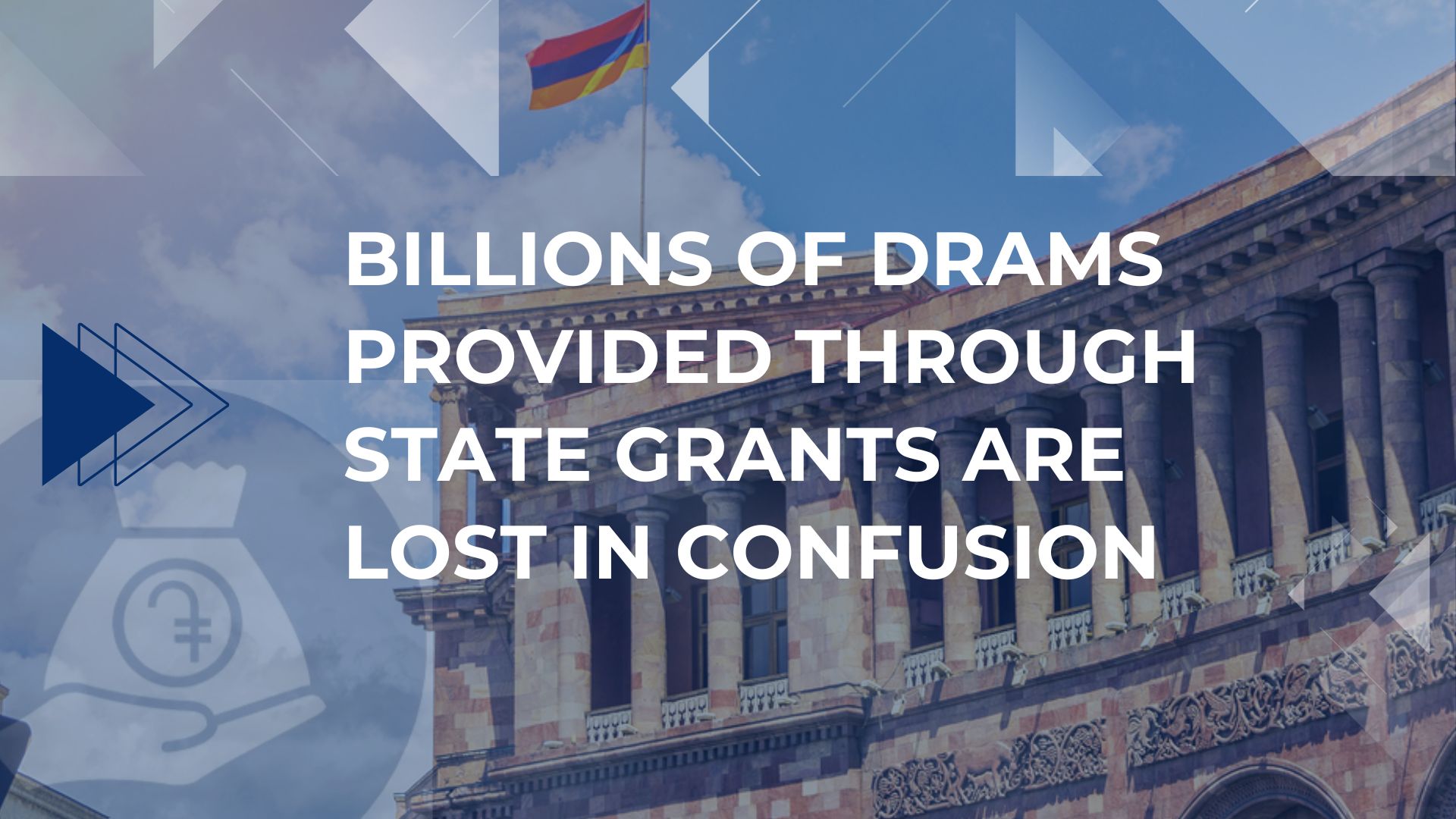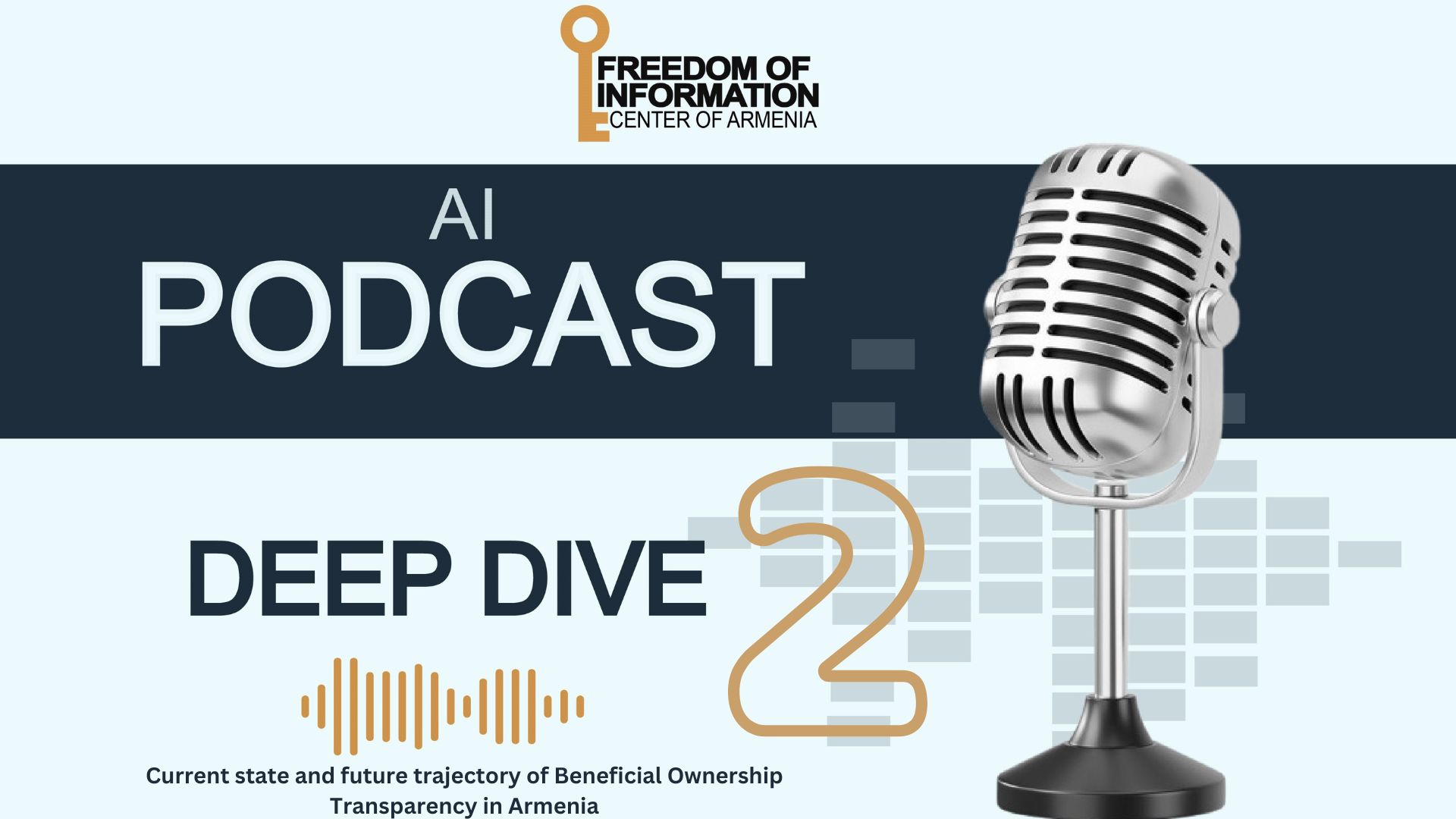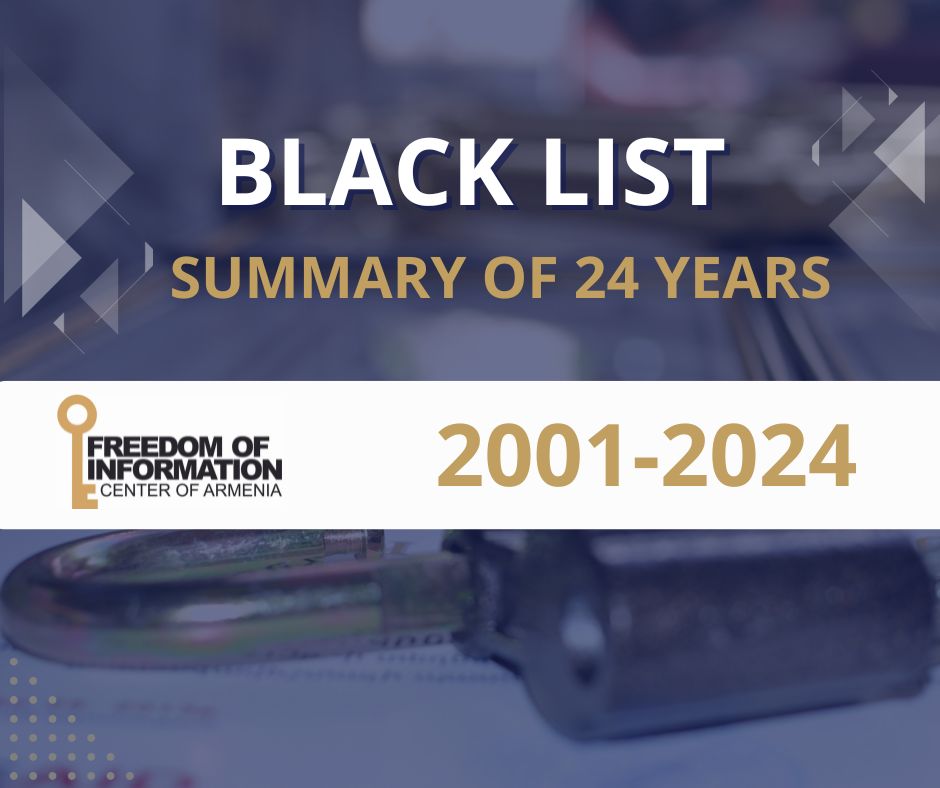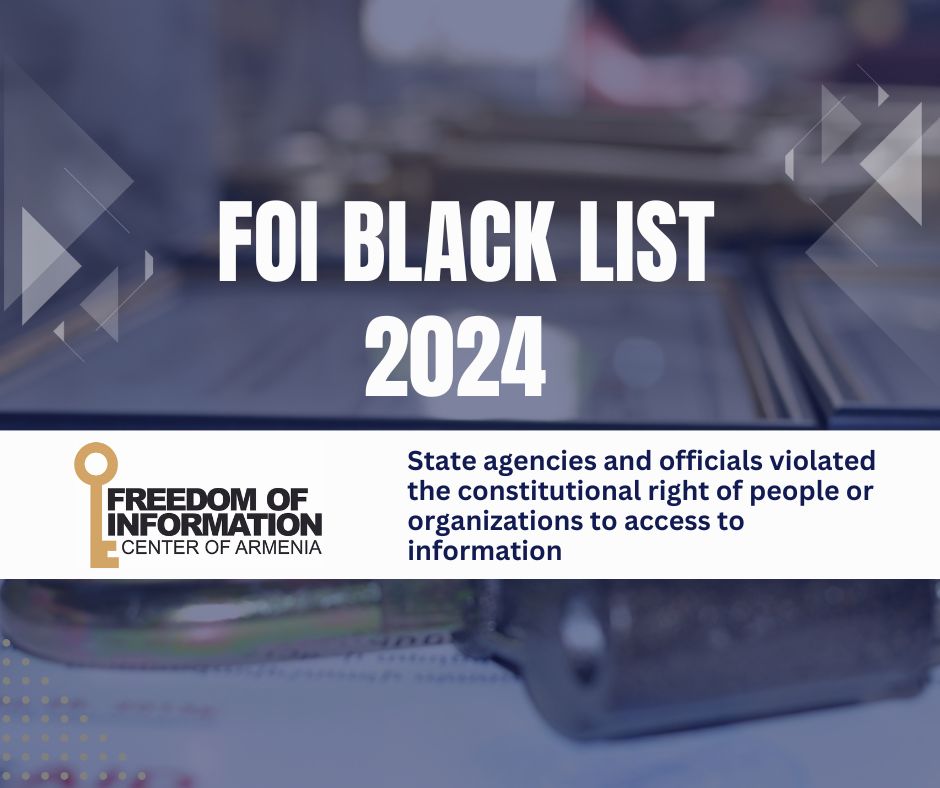On September 13-14, 2014 the Information Disputes Council held a working discussion with lawyers and journalists. The agenda included issues related to freedom of information, defamation and insult, as well as copyright protection in electronic media. The event was in the scope of FOICA-run and OSCE Yerevan-supported “Supporting Free Access to Information and Extrajudicial Solutions of Media Disputes in Armenia” project.
The Democratization Programme Officer of the OSCE Office in Yerevan Oliver McCoy made welcoming remarks. He expressed the hope that similar discussions would help form such a media environment in Armenia where there are many independent and protected mass media, which, however, manage their activities without breaching not only legal but also ethical norms of journalism.
President of FOICA and Secretary of IDC Shushan Doydoyan addressed the current law “On freedom of information” and the need for legislation reform. Ms. Doydoyan also presented the Publicity and Freedom of Information Index developed by FOICA. The Index will from now on evaluate the level of transparency and publicity of national and local governments: “Based on more than fifty criteria developed, the freedom of Information Center’s experts will hereafter implement evaluation of state governance bodies every year, compiling their annual publicity rating. This year 37 state governance bodies have been evaluated, including all ministries, Marzpetarans (Regional Governors’ Offices) and agencies adjacent to the Government,” Shushan Doydoyan said. Information about the Index and the data of all agencies can be accessed in the website of the Publicity Index at: www.foi.am/rating
FOICA lawyer Gevorg Hayrapetyan presented the process of legislation reform in freedom of information. He mentioned that despite the fact that the law is one of the best FOI laws in the world, it has been practiced 11 years now, while the developments in the field make it necessary to include new legal formulations. In particular, the issue of electronic requests was discussed, which is not regulated by any legal deed as of today.
Another important reference was made to the draft law on Personal Data, which has been developed and submitted to the National Assembly by the RA Ministry of Justice. It is intended to create the institute of a conditional commissioner for personal data as part of the staff of the Ministry of Justice. This fact was alarming, in particular, for the organizers of the discussion since any agency created under an executive body cannot exercise its authorities independently and impartially. As mentioned by President of FOICA Shushan Doydoyan as a conclusion of the discussion, written recommendations on these and other concerns of those present about the project will be presented by FOICA to the RA Ministry of Justice.
Following speeches by President of Yerevan Press Club Boris Navasardyan, Producer of the Media Initiatives Center Gegham Vardanyan and President of Ruel of Law NGO Artak Zeynalyan, active discussion began on the topics presented by the speakers: how to modernize the comments left under publications in online media; who is responsible for records of offensive or defamatory nature by unknown users in social media; which are the bounderies of personal data; the necessity of new amendments in the Copyright Law, etc.
The second day of the working meeting was totally devoted to the presentation of the newly published Guidebook on defamation and insult. The authors are Deputy Director of Arni Consult law office, IDC member Ara Ghazaryan and human rights activist Artak Zeynalyan of Rule of Law NGO. The Guidebook is intended for people who need detailed guidelines on cases of insult and defamation. This explains why the Guidebook was compiled in a way to be used not only by specialists but also by those who, under a certain coincidence of circumstances, have to look for ways of legal protection from offensive or defamatory public statements.
The Guidebook presents step by step all procedures of pretrial and posttrial insult and defamation case proceedings and the phases within their scope, such as the procedure of demand for retraction prior to applying to the court, deadlines for filing suits; principles and rules of distribution of the burden of proof; filing a claim for compensation of damage; description of a number of defence systems in the trial phase, and others. A separate section contains definitions of insult and defamation concepts; the criteria, standards and principles to determine whether a particular statement is insult or defamation. To make the use of the Guidebook easier, Section 1 includes Guledlines that explains the reader what particular circumstances should be given attention during the first step of the process (while filing a demand for retraction or while receiving the lawsuit), what steps would be most appropriate to make, etc. The Guidebook is available in Armenian:
![]() The Guidebook on Defamation and insult
The Guidebook on Defamation and insult

